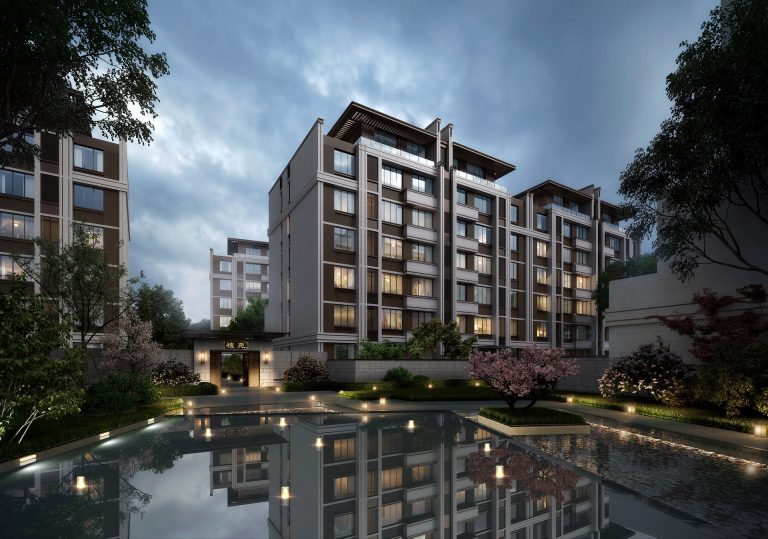The property market has been a major driver of economic growth in communist China. Chinese citizens used to view the property as the safest investment. As of 2019, real estate accounted for 70 percent of household wealth in China. However, all this is changing. With the Evergrande crisis exposing cracks in the property market, Chinese citizens are now worried about investing in the sector.
Top developers have reported lower sales numbers for September. Many businesses have seen a drop of more than 20 or 30 percent year-over-year. This is a steep drop in the month leading up to China’s Oct. 1 National Day. September is usually one of the best-performing months in terms of sales for real estate developers.
The economic ramifications could be serious if this downward trend in home sales continues. The decline will eventually affect investments and construction activities, which could wreck jobs, growth, and local government funds. Trying to push sales through discounting could impact household wealth and property prices.
In an interview with The Wall Street Journal, Logan Wright, director of China market research at Rhodium Group, said that falling sales could create anxiety among more developers. This could prevent them from finishing existing projects or scale back on future plans.
“If that continues, then the broader concern is whether some of the tightening measures come at the expense of the health of the entire sector… You are going to see weaker financial conditions and weaker construction activities spilling out into the broader economy,” Wright said.
Success
You are now signed up for our newsletter
Success
Check your email to complete sign up
Property developers are also scrambling to adapt to a wave of changes initiated by the government. This includes a series of rules called the “three red lines” that were implemented last year to curtail the growth of debt among financially weaker companies. They also place limits on property loans issued by banks.
Cheng Wee Tan, the senior equity analyst at Morningstar, attributes the slowdown in property sales to tighter government policy on mortgages and dwindling homebuyer confidence. Cheng believes that customers are concerned that developers won’t be able to finish their projects. Media reports about Evergrande’s unfinished constructions have amplified their fears.
Of the developers that saw lower sales in September, Longfor Group holdings reported a 33 percent drop in sales YoY for the month; China Resources Land’s sales fell by nearly 24 percent; China Overseas Land & Investment by 42 percent; and China Vanke Co. by 34 percent.
Evergrande has not yet released its sales figures to the Hong Kong Stock Exchange. But the company had warned on Sep. 14 that “ongoing negative media reports” would discourage homebuyers, leading to a decline in sales in September.
For now, the fall in sales numbers only reflects diminishing sales volumes rather than falling prices. However, this could soon change. There are indications that homebuyers think prices could fall.
According to a survey released by communist China’s central bank, the share of urban bank depositors who expect housing prices to rise declined to 19.9 percent in Q3. This is down from 25.1 percent a year ago and is the lowest since Q1, 2016.
The downward trend in sales could push developers who are in desperate need of funds to repay debts to offer big discounts. This could send housing prices in a downward spiral. Huang Jun, a 25-year-old real-estate agent in Foshan, said that prices for new homes downtown have dropped about 20 percent from a recent peak in March.
“Virtually all developers have offered discounts over the past two months… Just like Evergrande, they must be under pressure to sell more flats [to repay borrowings]… Most of [the customers] want to wait and see if the prices would go down further… In China, most people prefer to buy apartments when prices are rising, not falling,” Huang said.














